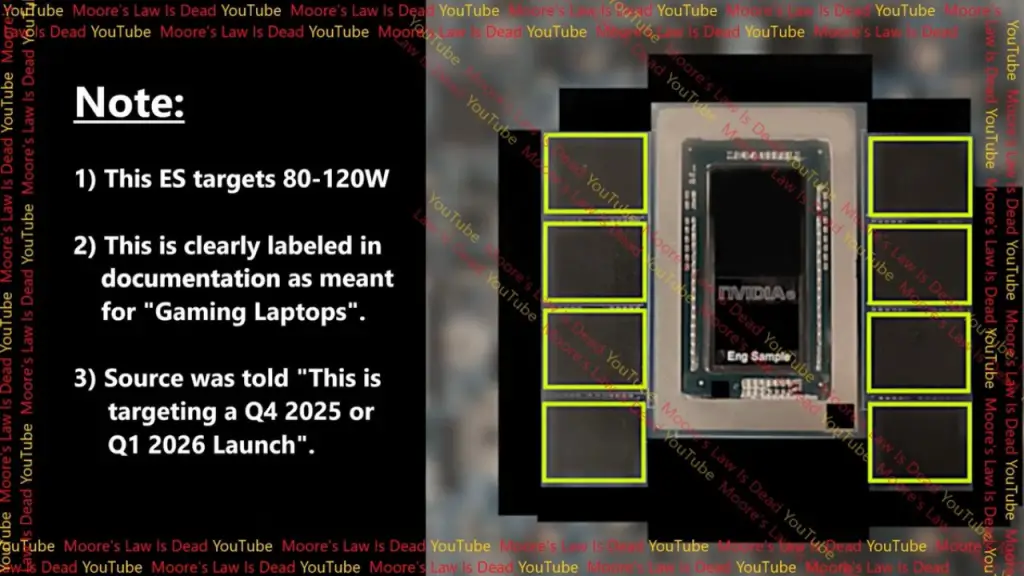
NVIDIA is currently collaborating with MediaTek to develop an ARM-based processor tailored for desktop-class platforms, specifically targeting laptops. This forthcoming chip is expected to power Windows 11 devices and compete directly with offerings equipped with Qualcomm’s Snapdragon X series processors.
Distinguished by its integration of MediaTek’s ARM architecture and NVIDIA’s graphics technology, this processor, despite MediaTek’s ARM design potentially trailing Qualcomm’s in raw capability, appears to perform competitively based on preliminary benchmarks.
Recently, the N1x chip surfaced on the benchmark platform Geekbench, revealing a single-core score of 3,096 and a multi-core score of 18,837. The base frequency was listed as 2.81GHz, tested on an HP 8EA3 motherboard with 119GB of RAM, running Ubuntu 20.04.1.
As a nascent product, some anomalies in the test data are evident. For instance, Geekbench reports the chip as having 1 core and 20 threads—an unlikely configuration. Given the performance scores and thread count, the N1x is likely a 20-core processor.
Purely from a benchmark perspective, the N1x outperforms Qualcomm’s Snapdragon X Elite ARM processors and delivers performance roughly equivalent to that of Apple’s M3 Pro (ARM), Intel’s Core Ultra 200HX series (x86), and AMD’s Ryzen AI Max series (x86). However, due to architectural differences, such comparisons offer only a partial view and cannot fully encapsulate real-world performance.
The choice to benchmark the chip on Ubuntu rather than Windows is particularly intriguing. Although the N1x is ultimately intended to run Windows 11 on ARM, the initial benchmarks were conducted on Linux, with Windows-based results likely to follow in the near future.
According to earlier reports, this chip is slated for release by the end of the year, with OEMs expected to launch laptops powered by NVIDIA’s N1x beginning in the spring of next year. Given the growing maturity of the Windows 11 ARM ecosystem, future users will likely see reduced reliance on x64 emulation when using ARM-based laptops.


